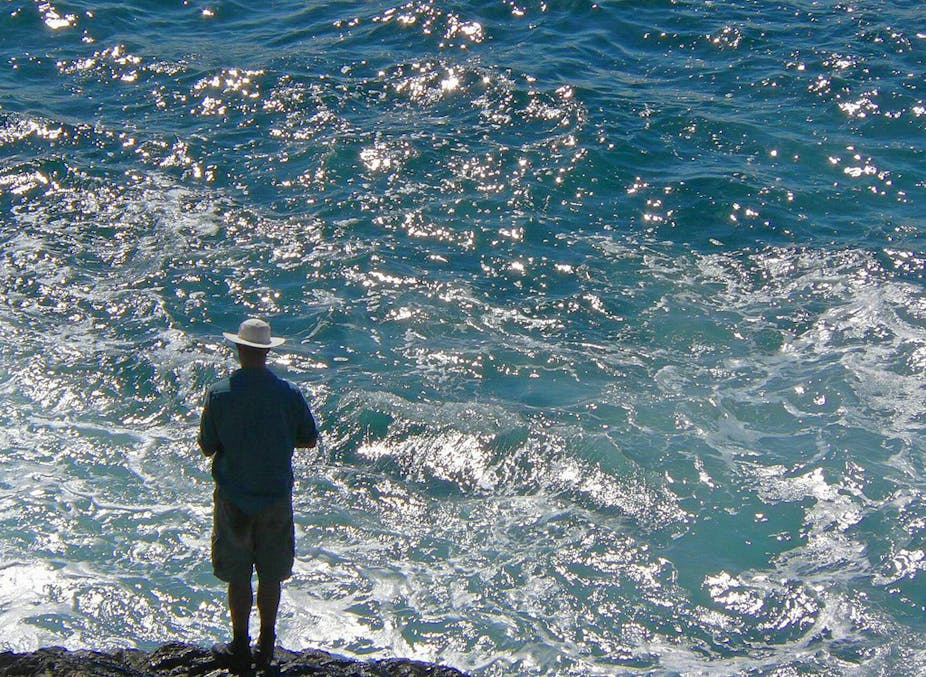The chair of an audit into the highly politically charged issue of NSW marine park zoning has vowed to ignore the politics and stick to the science as he conducts his review.
The Shooters and Fishers Party, which the O'Farrell government needs onside to pass legislation through the NSW upper house, has been lobbying for a five-year moratorium on new marine parks.
The NSW Coalition has already lifted protection for some shark species and stopped plans to expand some marine park zones.
Now the government has appointed Associate Professor Robert Beeton AM from the University of Queensland’s School of Geography, Planning and Environmental Management as chair of an audit of marine parks in NSW.
Associate Professor Beeton said he accepted the job on the condition that be allowed to work independently.
“It’s politically charged but I am not part of the politics. I have made that very clear and the ministers have accepted,” he said.
“My position is quite straight forward. I play the game straight up and down and that’s the condition upon which I accepted. I am nobody’s lap dog.”
The audit panel’s terms of reference include reviewing NSW’s domestic and international commitments to conserving marine biodiversity, the scientific data used by the relevant government departments, how threats are identified and how marine parks address those threats. It will also examine how effective marine parks have been in protecting habitats, how to incorporate social and economic impacts into decision-making about marine parks and their cost-effectiveness.
“It starts off with getting the international picture, then deal with what have obviously been issues with NSW – and I have only become familiar with those issues recently by doing research about it – and then come back at the end with how we can do it better,” said Associate Professor Beeton.
The panel will has already asked relevant agencies to provide scientific material from their holdings and will likely convene workshops of interested experts and stakeholders as part of the audit, he said.
“My approach to this is entirely evidence based,” he said. “I am a clean skin in relation to this issue and I intend to stay that way until I am looking at the material before the panel.”
The panel will deliver its report, which will include recommendations based on its findings, to the government by December 31.

